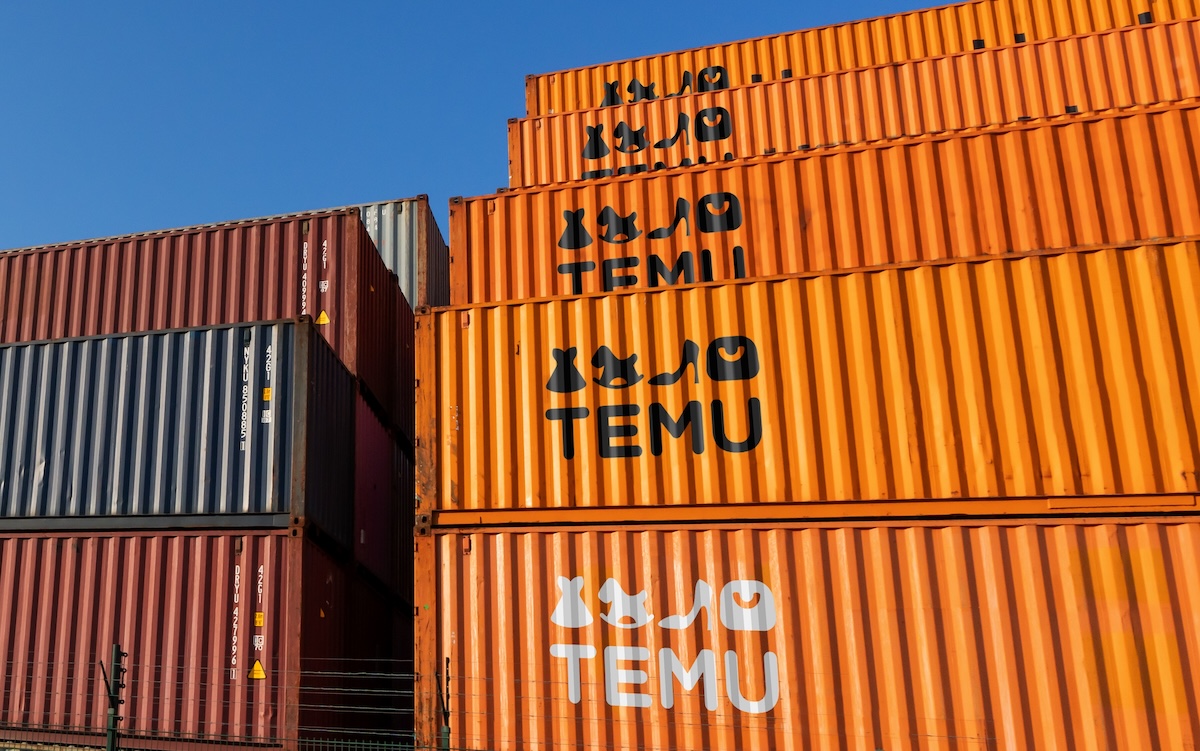
Trump has signed an executive order that shuts down the de minimis tax exemption for all global imports, closing what the president called a “catastrophic loophole.”
The de minimis exemption, introduced in 2016, has allowed packages valued under $800 to enter the U.S. duty-free. The policy led to explosive growth for Chinese retailers like Temu and Shein, which built billion-dollar businesses by shipping cheap goods directly to U.S. consumers without paying tariffs.
Trump had already scrapped the exemption in May for shipments from China and Hong Kong. Wednesday’s order expands that ban to all countries, effective August 29.
From then on, every international package will be subject to tariffs based on its value and origin.In the order, Trump said the loophole has been exploited to “evade tariffs” and “dump below-market products that harm American workers.”
The White House also claims it has been used by criminals to smuggle synthetic opioids like fentanyl, as duty-free parcels face lighter customs checks.
Shares of PDD Holdings (PDD), Temu’s parent company, fell 2.2% Wednesday following the announcement.
Global e-commerce impact
The policy shift could send shockwaves through the $4.3 trillion global e-commerce sector.
It’s not just Chinese giants like Temu and Shein that will feel the pain. Small overseas merchants selling through U.S. platforms like eBay (EBAY) and Amazon (AMZN) will also face higher costs and new barriers to American customers.
The scale of the exemption had ballooned over the past decade, with shipments rising from 134 million in 2015 to over 1.36 billion in 2024. Trump’s administration argues this has tilted the playing field in favor of foreign sellers at the expense of U.S. businesses.
Both Temu and Shein had already pivoted to Europe after the U.S.-China exemption ended, but regulatory scrutiny has followed them there as well.
The European Commission recently accused Temu of breaching consumer protection rules by allowing illegal products to be sold on its platform.
U.S. retailers have welcomed the crackdown. The Retail Industry Leaders Association praised the move, saying the exemption gave foreign sellers an unfair edge.
“The new law will ensure that foreign businesses cannot exploit the de minimis privilege, protecting American consumers and disadvantaged American companies,” the group said.
But opposition remains strong. The National Foreign Trade Council argues that low-value shipments already face customs screening and that removing the exemption hurts both U.S. consumers and small businesses.
“At a time when our nation's small businesses are still battling inflation and fragile supply chains, they cannot afford to be burdened again through the elimination of the de minimis tax exemption,” the NFTC said in a statement.
Your email address will not be published. Required fields are markedmarked